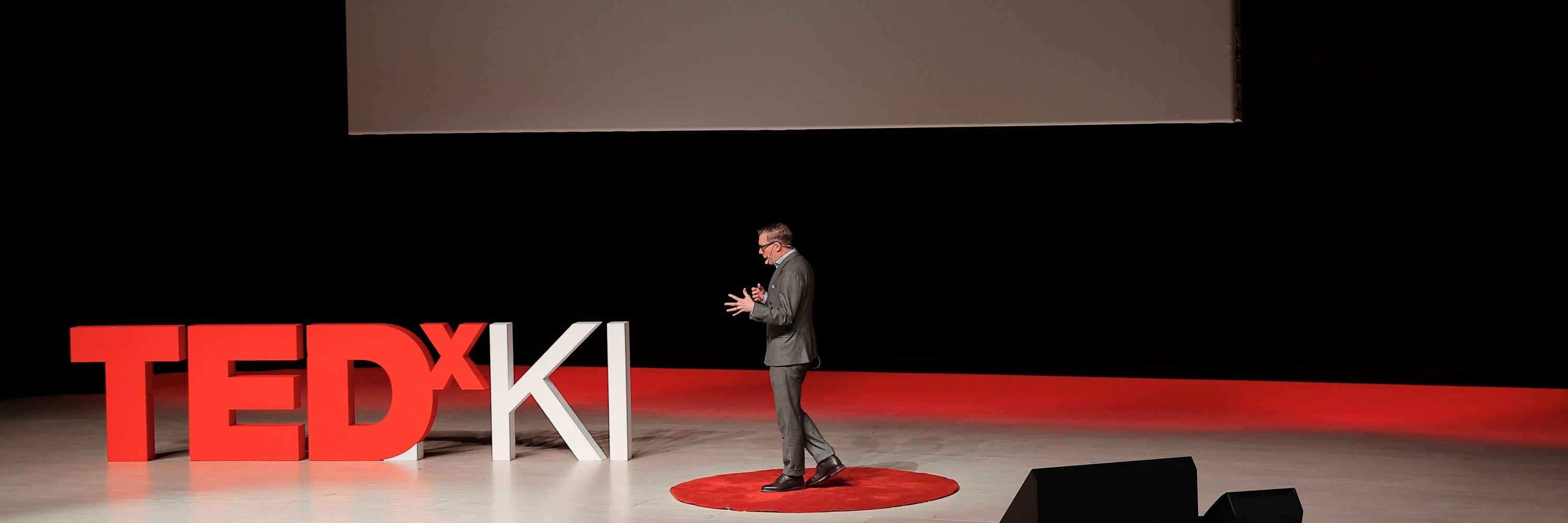Erik Angner
@erikangner.com
9.4K followers
6.9K following
3.3K posts
Professor of Practical Philosophy, Stockholm University & Institute for Futures Studies. He/Him. Author of How Economics Can Save the World 🛟 a.co/d/0AZASJz Web: https://linktr.ee/erikangner Opinions &c. my own. Agent: JP Marshall #Econsky #Philsky
Posts
Media
Videos
Starter Packs
Pinned
Erik Angner
@erikangner.com
· 19h
Reposted by Erik Angner













